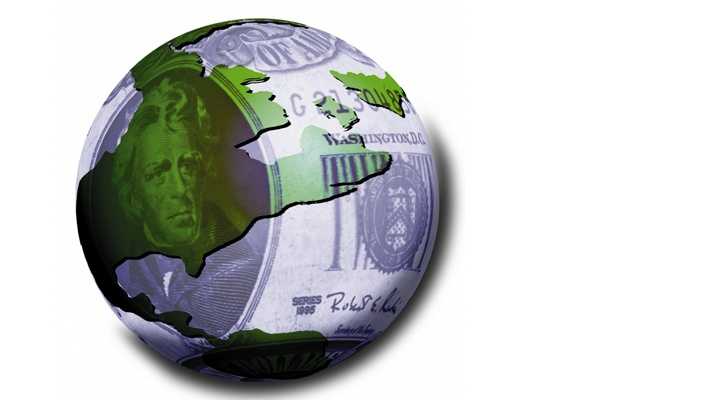Israel dropped one place to 27th place in the global competitiveness index compiled by the World Economic Forum (WEF) Global Competitiveness Report 2013-14 released last Wednesday.
The Global Competitiveness Report's competitiveness ranking is based on the Global Competitiveness Index (GCI), calculated by drawing together data covering 12 categories. It represents a comprehensive tool that measures the microeconomic and macroeconomic foundations of national competitiveness. By far the most problematic factor listed for doing business in Israel was highly inefficient Government bureaucracy, followed by access to financing, tax regulations and restrictive labor regulations.
Israel’s innovativeness accounted for many of its strengths. It ranked No. 1 on quality of scientific research and in the top 10 for every aspect of innovation.
The report’s Global Competitiveness Index (GCI) places Switzerland at the top of the ranking for the fifth year consecutively. Singapore and Finland remain in second and third positions respectively. Germany moves up two places (4th) and the United States reverses a four-year downward trend, climbing two places to fifth. Hong Kong SAR (7th) and Japan (9th) also close the gap on the most competitive economies; while Sweden (6th), the Netherlands (8th) and the United Kingdom (10th) have shown a fall.
China ranked 29th, leading the five BRICS economies including Brazil, Russia, India China and South Africa. The study provides grounds for optimism that the global economy may finally be stabilizing following the freefall of recent years.
The Global Competitiveness Index notes some of the southern European countries, in particular Greece and Spain, are moving up in the rankings after several years of decline.
The United States continues to be a world leader in bringing innovative products and services to market. Its rise in the ranking is down to a perceived improvement in the country’s financial market as well as greater confidence in its public institutions. However, serious concerns persist over its macroeconomic stability, which ranks 117 out of 148 economies.
The picture in the Middle East is mixed. On the one hand, Gulf countries like the United Arab Emirates and Qatar are doing well in the rankings. On the other hand, the report notes the high degree of uncertainty and political turbulence in the region is having a negative impact on competitiveness.
Conflict-ridden Syria does not figure in this year’s report because researchers were unable to gather needed data. Egypt, dropped 11 places from last year’s index, to the 118th place.
Even within the Middle East, Israel did not top the list. Qatar ranked No. 13, the United Arab Emirates was No. 19 and Saudi Arabia was No. 20.






